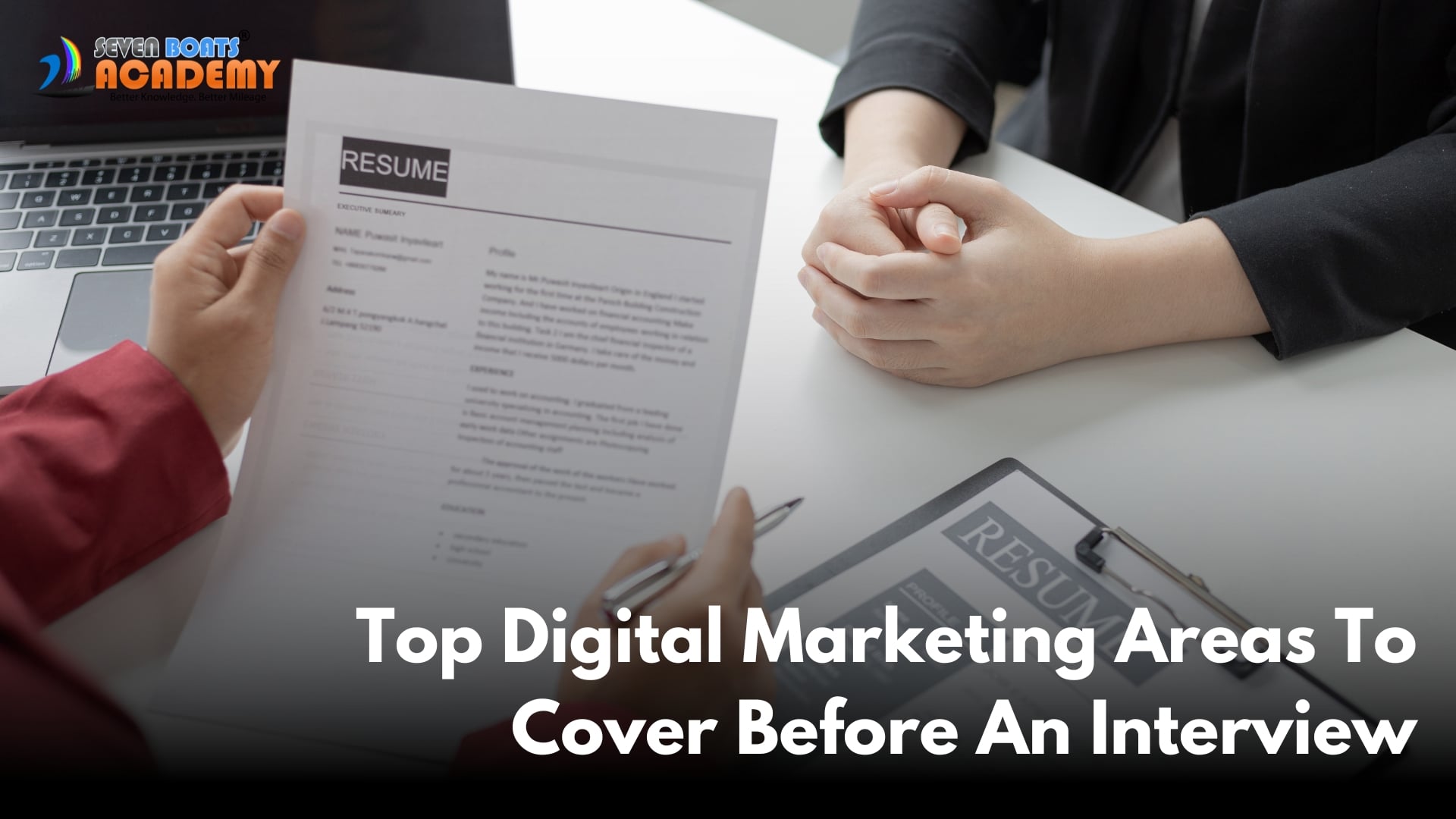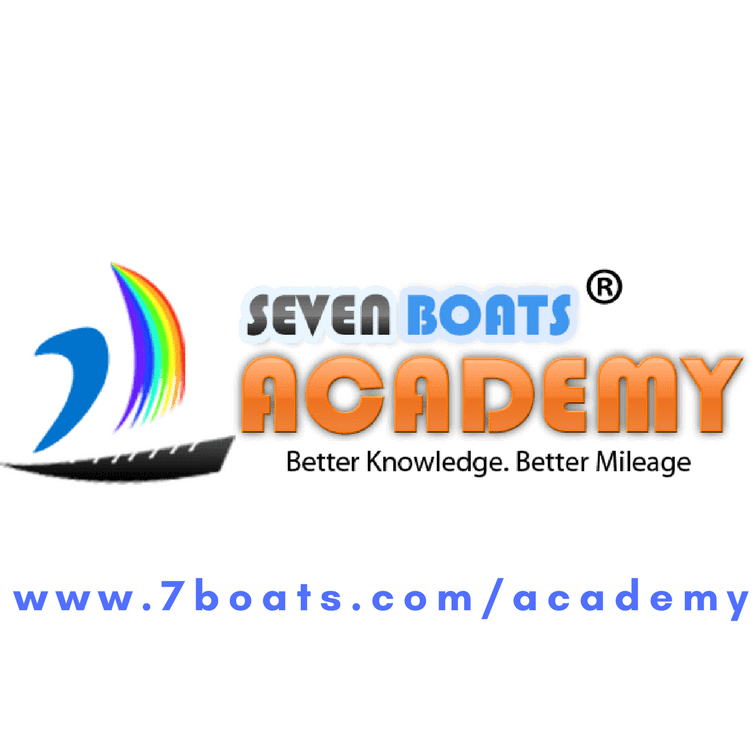
Preparing for a digital marketing interview can feel overwhelming, especially since this industry evolves rapidly. New tools, strategies, and platforms keep changing how marketers connect with audiences. To make sure you’re ready to ace your interview, you need to focus on the right areas. Let’s dive into the top digital marketing topics you should cover. This guide will keep things practical and approachable, with tips that reflect the way we all talk and think about this field today.
Understand the Basics of Digital Marketing
First off, you’ve got to nail the fundamentals. Even if you’ve got experience, the interviewer may ask you to explain digital marketing-related questions like what it is and how it works. Be ready to discuss the difference between digital and traditional marketing, highlight why digital marketing is more measurable, and talk about the main channels like search engines, social media, email, and websites.
It’s also helpful to understand key terms like impressions, clicks, conversions, and ROI. These terms will come up in almost every discussion, so you need to sound confident when you use them. Knowing how these metrics fit into larger marketing goals is equally important.
Master SEO and SEM Basics
Search Engine Optimization (SEO) and Search Engine Marketing (SEM) are the backbone of digital marketing. No matter what kind of marketing job you’re applying for, some knowledge of these areas is essential. Be ready to explain how search engines work, the importance of keywords, and the role of content in SEO.
For SEO, focus on on-page optimization (like using relevant keywords in headings and meta descriptions), off-page strategies (like backlinks), and technical SEO (like site speed and mobile-friendliness).
For SEM, be familiar with paid search campaigns, bidding strategies, and tools like Google Ads. Be prepared to discuss how a mix of organic (SEO) and paid (SEM) strategies can drive better results.
Get Comfortable with Social Media Marketing
Social media is a huge part of digital marketing. Whether the job you’re applying for focuses on organic content, paid ads, or both, you’ll need to demonstrate that you understand how different platforms work.
Each platform has its vibe, audience, and content preferences. Instagram thrives on visual content, LinkedIn is more professional, and TikTok is all about creative short videos. Know how brands can use these platforms to achieve different goals, like driving awareness, engagement, or sales.
It’s also important to understand social media algorithms. Be prepared to discuss how consistency, timing, and quality of posts can help improve reach and engagement. If you’ve run campaigns before, mention metrics like impressions, likes, shares, and conversions.
Dive into Content Marketing
Content is the heart of digital marketing. Before your interview, get clear on what content marketing is and why it matters. Understand the importance of creating valuable, relevant content that resonates with a specific audience.
Be prepared to discuss different content formats, like blog posts, videos, infographics, and podcasts, and explain how each serves a unique purpose. You might also be asked about content distribution. For instance, how can email, social media, or even paid promotions amplify a brand’s reach?
If you’ve been involved in content creation or strategy, share examples. Highlight how you used content to drive results, like increasing website traffic or generating leads.
Learn About Email Marketing
Email might seem like an old-school digital marketing tool, but it’s still one of the most effective channels. For interviews, make sure you can explain how email marketing fits into a broader marketing strategy.
You should know the basics, like building email lists, creating compelling subject lines, and segmenting audiences. Also, be ready to discuss tools like Mailchimp, HubSpot, or any other email marketing platforms you’ve used.
Metrics are super important here. Be prepared to talk about open rates, click-through rates, and conversion rates. If you’ve managed email campaigns before, explain how you optimized them based on these metrics.
Analytics and Data-Driven Decision-Making
Marketing isn’t just about creativity; it’s about numbers too. Understanding analytics is crucial for showing potential employers that you can measure and improve campaigns.
Get familiar with tools like Google Analytics. Know how to track metrics like website traffic, bounce rates, and user behavior. Be ready to discuss how you’d use this data to refine a campaign.
If you’ve used analytics to solve real-world problems, share those stories. For example, maybe you noticed a high bounce rate on a landing page and fixed it by improving the content or design.
Pay-Per-Click Advertising (PPC)
If you’re interviewing for a role that involves paid media, you’ll need to know how PPC advertising works. Focus on platforms like Google Ads and social media ad managers (Facebook Ads, LinkedIn Ads, etc.).
Understand concepts like cost-per-click (CPC), cost-per-acquisition (CPA), and quality scores. Be ready to explain how to create a campaign, set a budget, and optimize for better performance.
If you’ve run PPC campaigns, highlight the results. Employers love seeing how you’ve used ads to drive traffic, leads, or sales.
The Role of Influencer Marketing
Influencer marketing has grown massively in recent years. While not every job will involve working with influencers, it’s a good idea to know how this strategy works.
Be prepared to discuss how brands can collaborate with influencers to reach niche audiences. You should also understand how to measure success, whether it’s through engagement, traffic, or sales.
Mention tools or techniques you’ve used to find influencers, negotiate deals, or track the results of influencer campaigns.
Staying on Top of Trends and AI Tools
Digital marketing changes constantly. Employers want to hire people who stay updated on trends like AI tools, voice search, and personalization.
Talk about how you keep up with industry changes. Maybe you follow marketing blogs, attend webinars, or experiment with new tools like ChatGPT for content creation. Sharing examples shows you’re proactive about learning.
Strong Communication and Teamwork Skills
Finally, don’t forget that digital marketing isn’t just about technical skills. It’s a collaborative field where communication is key.
Be ready to discuss how you’ve worked with other teams, like designers, developers, or salespeople. Employers want to know you can explain your ideas clearly and work well with others.
Final Thoughts
Preparing for a digital marketing interview isn’t just about memorizing definitions or tools. It’s about showing you can think strategically, measure success, and stay adaptable. Cover these key areas, and you’ll feel more confident walking into that interview room. Good luck!



0 responses on "Top Digital Marketing Areas To Cover Before An Interview"